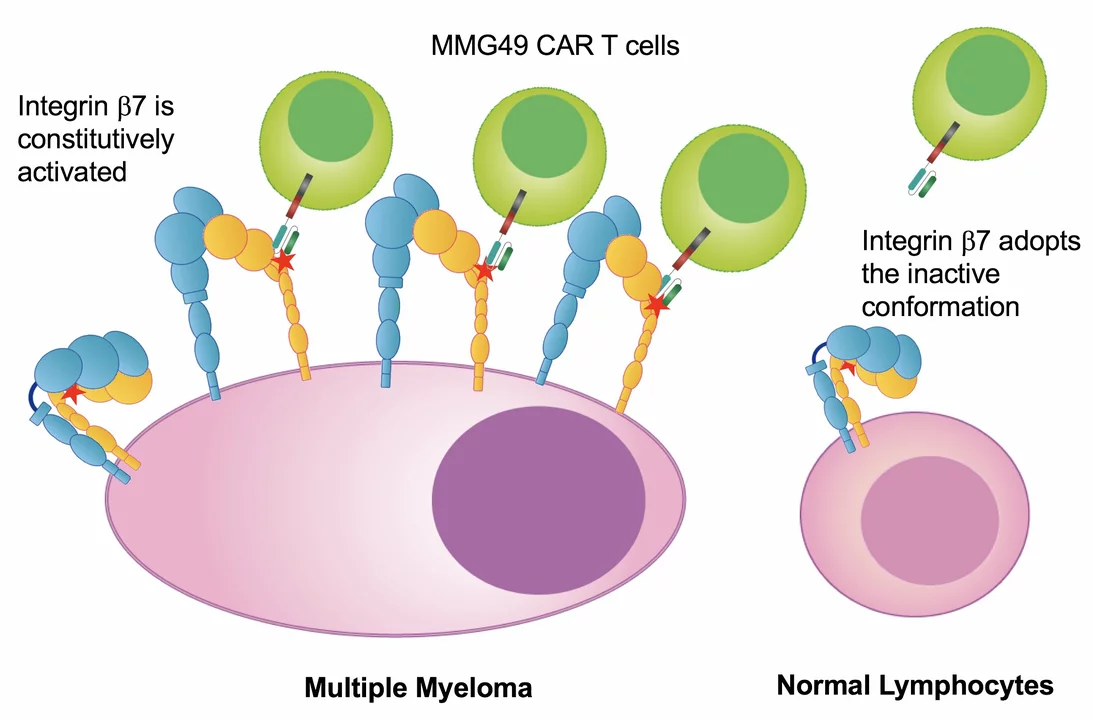Support Groups: Real Help From People Who Understand
Ever felt like no one really gets what you're going through? That's exactly why support groups exist—to bring together folks facing similar health challenges so they can help each other. Whether it’s chronic illness, mental health issues, or even weight struggles, sharing your story with people who truly understand can be incredibly powerful.
Support groups come in all shapes and sizes. Some are in person at local community centers or clinics, while others happen online, letting you connect from home, at any time that suits you. This flexibility can be a game-changer for those with mobility issues or busy schedules.
Why Joining a Support Group Makes a Difference
When you join a group, you tap into a pool of shared knowledge and experience. Imagine learning practical tips, like how someone else manages side effects of a medication or balances daily routines while dealing with symptoms. Plus, there’s a comfort in knowing you’re not alone—others face the same ups and downs.
Support groups can also boost your emotional health. They create a safe space where you can vent frustrations, celebrate small wins, and even find motivation when days get tough. This emotional boost often translates to better physical health, as stress levels drop and feelings of isolation fade.
Finding The Right Group For You
Not all support groups are alike, so it’s important to find one that fits your needs. Look for groups focused on your specific condition or challenge. Check if the atmosphere feels welcoming and if the group's rules and format work for you.
Some groups are led by professionals, while others are peer-run. Both have their perks—professional-led groups can offer expert guidance, whereas peer groups often provide more relatable day-to-day advice.
Wondering where to start? Websites like UpGuys Pharmaceuticals offer guides and resources to connect you with safe, reliable support groups. Plus, many articles discuss how to shop safely for medications online if your journey includes pharmaceutical treatments.
Joining a support group isn’t a quick fix, but it’s a step toward gaining control and comfort in your health journey. Whether you share your experiences or listen and learn, these communities can be the support you need to face your health challenges with confidence.

